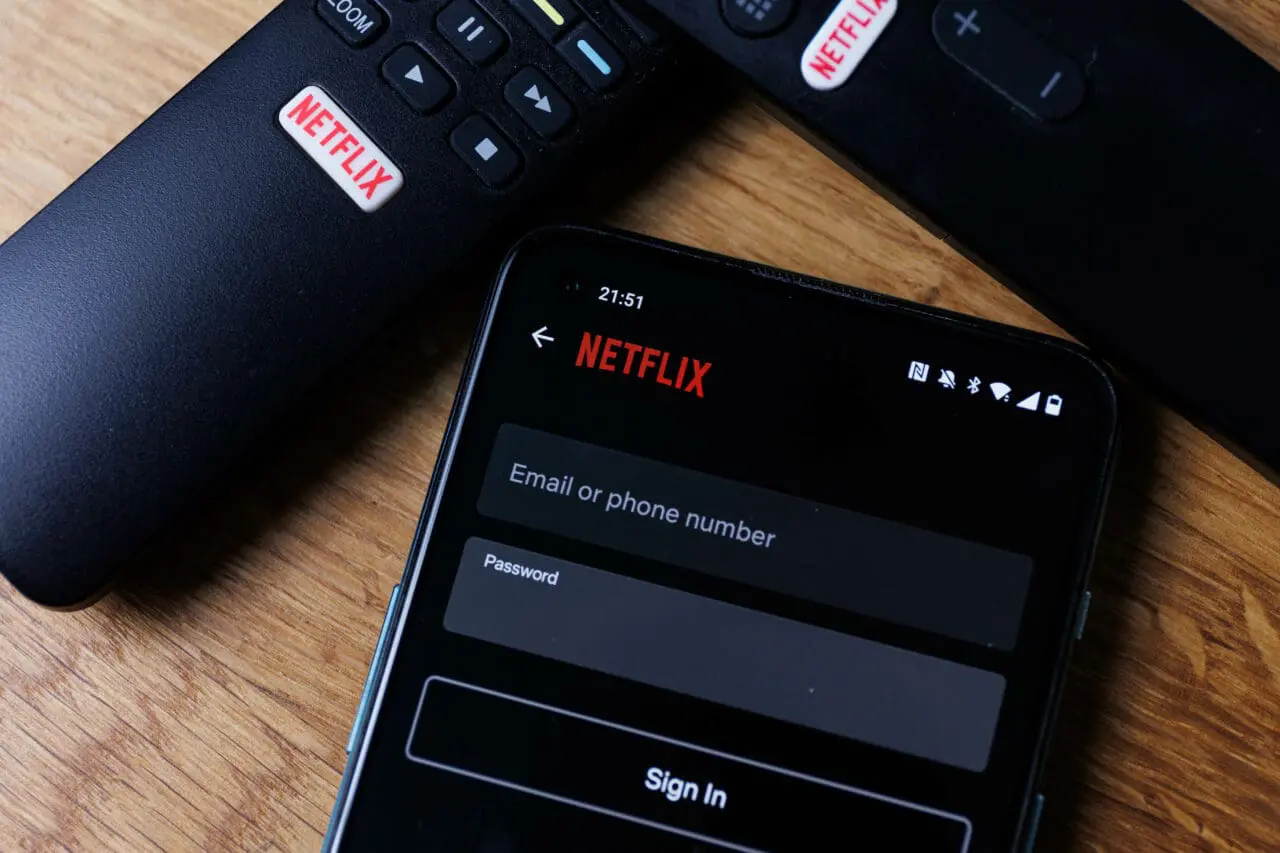

In recent weeks, popular streaming service Netflix has faced a user backlash on social media following an announcement of plans to tackle password sharing. The company’s attempt to challenge the practice appears to have backfired, leading many users to cry foul and express their frustrations online.
The plans involve requiring viewers to verify their identity by logging in through email or text messages before they are able to access content. This method is designed to combat password sharing while also preventing content piracy. As such, it would likely prove effective in stopping people from sharing passwords with friends and family members who are not part of the same household.
The proposed plans were met with an immediate backlash from users who felt as though they were being unfairly targeted. Many users argued that they had been paying for multiple accounts over the years and should not be punished for sharing passwords with family members or friends. Others expressed concerns about how this would affect households with multiple members, some of whom may not have access to their own email or text messaging services.
In response to the outcry, Netflix issued a statement clarifying its intentions and attempting to quell user anger. The company insisted that it was not aiming to force customers into additional payment schemes, but rather was seeking ways to ensure fair access to its content. It also explained that it would be taking a targeted approach in identifying those who are abusing the system and denied plans to require users to log into every account whenever they stream content.
It is clear that Netflix’s attempt to challenge password sharing has backfired, leaving many of its customers feeling unfairly targeted. Although the company has clarified their intentions and attempted to assuage user anger by stating that it will not be forcing them into additional payment schemes, only time will tell if this is enough to prevent a further backlash from disgruntled users. Until then, Netflix should tread carefully as it seeks ways to maintain fair access without infringing on the rights of its customers.
In recent years, streaming services have had to grapple with the issue of password sharing. This is when multiple people use the same login details to access content without having to pay for additional accounts. The practice has grown more common in recent times as households become bigger and many family members or friends live together and share one account. As such, streaming services are looking for ways to tackle the problem while ensuring fair access and preventing content piracy.
Password sharing is a growing problem for streaming services such as Netflix, impacting both revenue and content piracy. In response, Netflix has proposed some plans to tackle the issue but has faced an immediate backlash from users. The company is now attempting to quell user anger by clarifying its intentions and stating that it will not be forcing customers into additional payment schemes. Only time will tell if this is enough to prevent a further backlash from disgruntled users. Until then, streaming services must continue to tread carefully in order to protect their users without infringing on their rights.
Netflix had proposed several measures such as requiring additional authentication via text or email before users can access the platform. The company had also floated the idea of an additional subscription fee for those who login from multiple devices in order to combat password sharing. Though Netflix made it clear that these plans were still in the works and not yet implemented, they were met with a swift backlash from users who felt unfairly targeted by such measures.

